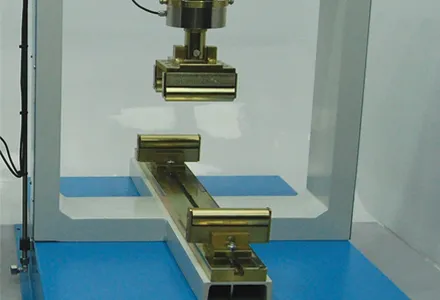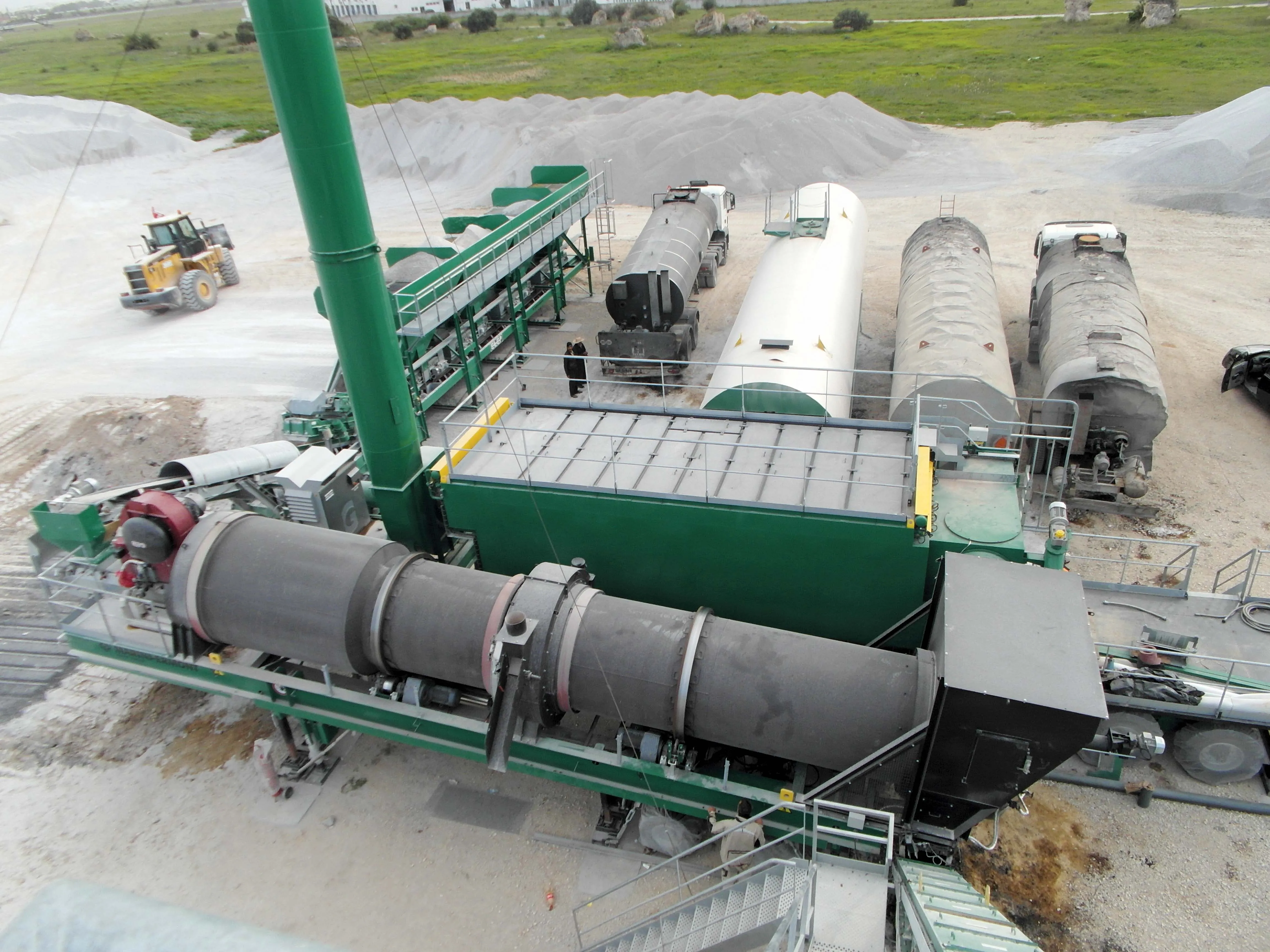Estonia is developing plans to use recycled shale ash in road construction. Energy firm Eesti Energia is working on developing technical standards for the use of shale oil ash in road building. The firm expects to take 12 months to develop the necessary standards, with the use of the material due to commence in 2017. Eesti Energia claims that shale ash offers excellent binding properties, which suits its use in road building. A number of test projects have been carried out for Eesti Energia using the materi
November 2, 2016
Read time: 1 min
Estonia is developing plans to use recycled shale ash in road construction. Energy firm Eesti Energia is working on developing technical standards for the use of shale oil ash in road building. The firm expects to take 12 months to develop the necessary standards, with the use of the material due to commence in 2017. Eesti Energia claims that shale ash offers excellent binding properties, which suits its use in road building. A number of test projects have been carried out for Eesti Energia using the material and these trials reveal shale oil ash to offer a suitable performance.








